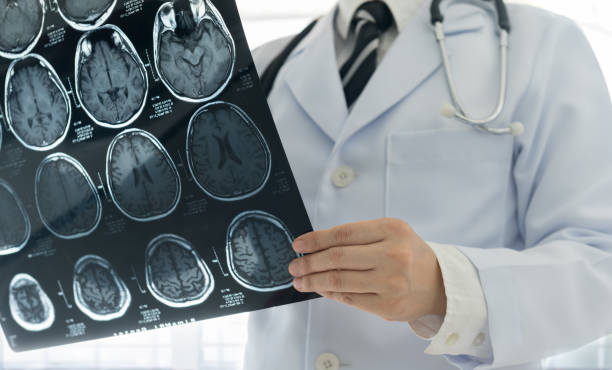Observing the cognitive decline of someone dear is deeply challenging for families and individuals. Yet, recognizing early signs and promptly consulting specialists can be transformative.
Specialists in neurology play a vital role in managing such situations, armed with advanced knowledge and tools. This article underscores the early symptoms of cognitive changes and their potential evolution into conditions such as dementia, and emphasizes the pivotal role neurologists play in this context.
Identifying the Preliminary Indications of Cognitive Alterations
The journey of cognitive decline is gradual, marked by subtle shifts. Key early indicators encompass:
- Memory Fragments: Experiencing occasional memory gaps, particularly concerning recent happenings.
- Problem-Solving Hiccups: Encountering difficulties in executing plans or dealing with numerical tasks.
- Temporal or Spatial Disorientation: Becoming perplexed about dates, seasons, or time flow.
- Flawed Judgment: Displaying questionable decisions, like uncharacteristic financial choices.
While sporadic memory lapses might align with aging, consistent and pronounced symptoms necessitate evaluation.
Heightening Concern for Dementia
Dementia signifies profound cognitive deficits, with Alzheimer’s disease being a prevalent variant. Its manifestations encompass:
- Pronounced memory impairments.
- Challenges in coherent communication.
- Evident reasoning or decision-making deficits.
Prompt identification of dementia enables enhanced care strategies and heightened life quality.
Neurologists as Anchors in Cognitive Health
Neurologists are experts in identifying and treating disorders of the nervous system, which can lead to changes in cognition. Their essential contributions include:
- Early Identification: Neurologists utilize sophisticated diagnostic instruments to pinpoint nuanced cognitive shifts, enabling prompt interventions that might decelerate decline progression.
- Holistic Assessment: Neurologists probe broader neurological facets, accounting for potential contributors to cognitive shifts, such as vascular irregularities or medication influences.
- Customized Approaches: Neurologists curate individualized care strategies, encompassing medicinal, lifestyle, and cognitive interventions, enhancing patient prognosis.
The Impact of EMRs on Cognitive Health Management
Electronic Medical Records (EMR) systems like SeriousMD have transformed healthcare paradigms, neurology included. Within this context:
- Neurologists access comprehensive patient backgrounds swiftly, fostering precise diagnostic processes.
- Treatment blueprints, medication details, and monitoring protocols harmoniously coalesce, ensuring cohesive care trajectories.
- Interdisciplinary collaboration thrives, endorsing a well-rounded cognitive health perspective.
Wrapping Up
Cognitive challenges, though formidable, aren’t unbeatable. Through enhanced awareness, expert neurologist interventions, and sophisticated resources like EMR Philippines, individuals can approach this phase with resilience and optimism. Early recognition, specialized care, and a united healthcare front remain pivotal in adeptly managing cognitive well-being.
To know more about managing cognitive decline and how neurologists can utilize EMR systems to develop specialized approaches to improving patients’ cognitive health, check SeriousMD—a telemedicine, EMR, and practice management solutions provider that aims to provide Filipino patients with better healthcare services. Visit their website at www.seriousmd.com.
